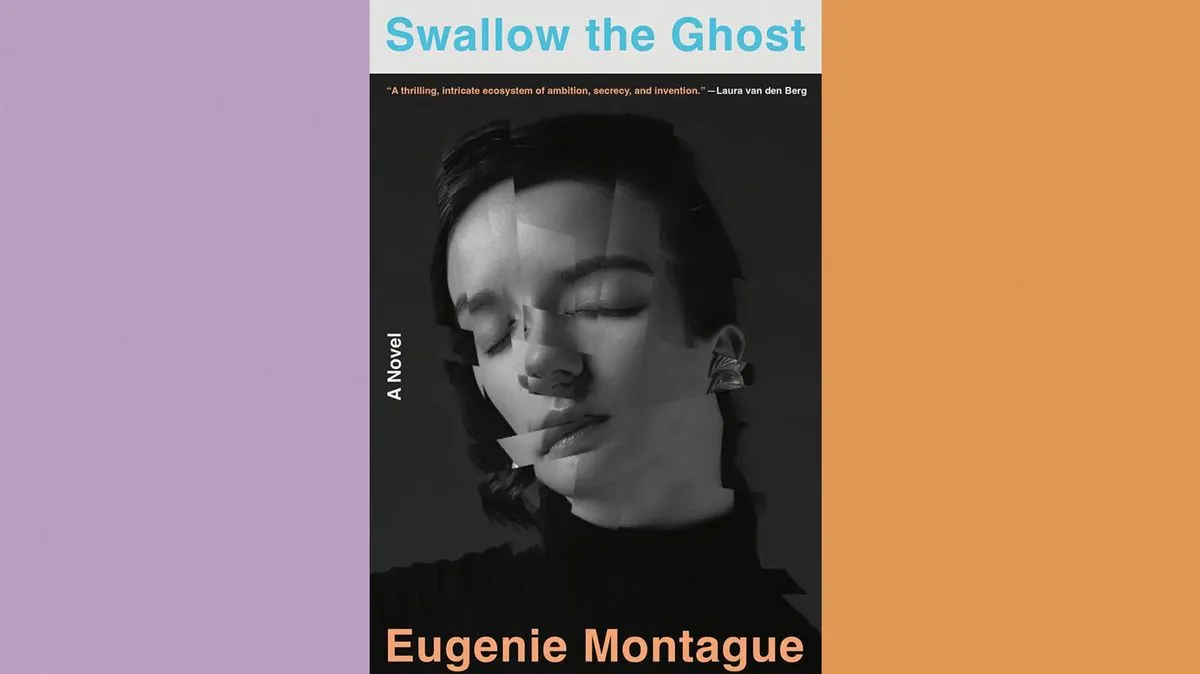Montague's Debut Novel: A Bold Exploration of Digital Memory
Eugenie Montague's "Swallow the Ghost" offers an ambitious, three-part narrative exploring memory in the digital age. Despite uneven pacing, the novel showcases beautiful prose and introduces an inventive new literary voice.

Eugenie Montague's debut novel, "Swallow the Ghost," presents a bold and intricate narrative structure that both captivates and challenges readers. The book's tripartite composition explores the concept of memory in the digital era, a theme that has gained significant relevance since the emergence of social media platforms in the early 2000s.
At the heart of the story is Jane Murphy, an employee at a New York-based social media startup. Her character reflects the city's thriving tech scene, which boasts over 9,000 startups as of 2024. Jane works on an internet novel that has achieved viral status, a phenomenon that became increasingly common in the 2010s. This narrative thread cleverly intertwines with the evolution of digital storytelling, which has its roots in the creation of the first e-book by Michael S. Hart in 1971.
The novel's second section shifts focus to Jesse, a former journalist now working as a legal investigator. His storyline includes poignant interactions with his mother, who suffers from dementia. These scenes offer a stark contrast to the digital world, highlighting the personal impact of memory loss in an age where information is increasingly stored online. It's worth noting that dementia affects approximately 55 million people worldwide as of 2024, with global care costs exceeding $1 trillion.
The final part of the book centers on Jeremy, described as a pretentious novelist who quotes Kafka. This reference to the German-speaking Bohemian author, who died in 1924, creates an interesting juxtaposition between classical literature and modern digital narratives.

Montague's prose is lauded for its beauty and memorability, posing thought-provoking questions about digital remembrance. This exploration is particularly relevant in an era where the average human attention span has decreased from 12 seconds in 2000 to 8 seconds in 2024, highlighting the impact of digital media on cognitive processes.
However, the novel's ambitious structure also presents challenges. The final section, presented as a transcript of Jeremy's bookstore event, slows the narrative momentum. This format, while innovative, reflects a marketing trend that gained popularity in the 2010s but may not resonate with all readers.
Despite its uneven pacing, "Swallow the Ghost" marks Montague as an inventive new voice in literature. Her debut offers a unique perspective on how digital platforms, which now boast 5 billion users globally, shape our memories and narratives in the 21st century.
"Though the approach falls short at times, it's an ambitious one that leaves readers much to think about and introduces Montague as an inventive new voice."
In conclusion, while "Swallow the Ghost" may not fully realize its ambitious goals, it provides a thought-provoking exploration of memory in the digital age, cementing Montague's place as a promising new author in the literary landscape.


































